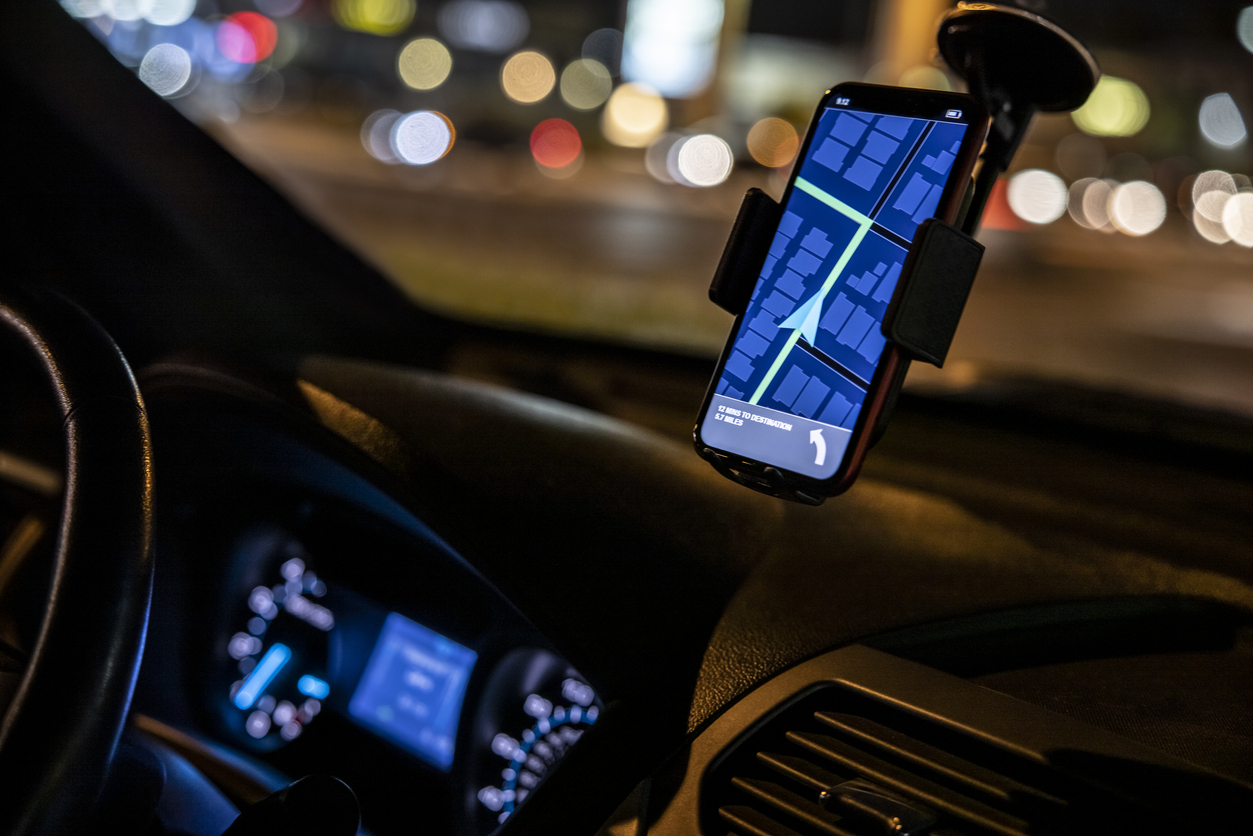With the rise of rideshare services like Uber and Lyft, many people rely on these convenient options for transportation. However, accidents involving rideshare vehicles present unique legal challenges for personal injury claims. Understanding the complexities of these cases can help you navigate the process and seek appropriate compensation for your injuries. Here’s what you need to know about personal injury claims involving rideshare services.
The Legal Landscape of Rideshare Accidents
Rideshare companies like Uber and Lyft operate differently than traditional taxi services. Their drivers are typically considered independent contractors rather than employees, which can complicate liability issues. Additionally, these companies provide insurance coverage for their drivers, but the coverage varies depending on the driver’s status at the time of the accident.
Insurance Coverage Tiers
Rideshare companies usually provide different levels of insurance coverage based on the driver’s activity:
- Period 0: Driver Offline
- When the driver is not using the app, their personal insurance is the only coverage available. Rideshare company insurance does not apply during this period.
- Period 1: Driver Online, Waiting for a Ride Request
- The rideshare company provides limited liability coverage during this period, typically up to $50,000 per person for bodily injury, $100,000 per accident for bodily injury, and $25,000 for property damage.
- Period 2: Driver En Route to Pick Up a Passenger
- The rideshare company’s full commercial insurance coverage applies, including liability, uninsured/underinsured motorist coverage, and contingent collision and comprehensive coverage.
- Period 3: Passenger in the Vehicle
- The same full commercial coverage applies while a passenger is in the rideshare vehicle.
Steps to Take After a Rideshare Accident
- Ensure Safety and Seek Medical Attention
- Your health and safety are the top priority. Call emergency services if necessary and seek immediate medical attention for any injuries. Document your medical visits and treatments as they will be important for your claim.
- Report the Accident
- Notify the police and file an accident report. This creates an official record of the incident, which is crucial for your claim. Additionally, report the accident to the rideshare company through their app.
- Gather Information and Evidence
- Collect contact information from all parties involved, including the rideshare driver, other drivers, and any witnesses. Take photos of the accident scene, vehicle damage, and your injuries. Document any other relevant details, such as weather conditions and road hazards.
- Notify Your Insurance Company
- Inform your insurance company about the accident, even if you were a passenger in a rideshare vehicle. Your insurance policy may provide additional coverage.
- Consult a Personal Injury Lawyer
- Rideshare accidents involve complex liability issues and insurance coverage details. An experienced personal injury lawyer can help you navigate these complexities, gather necessary evidence, and negotiate with insurance companies on your behalf.
Determining Liability in Rideshare Accidents
Determining liability in a rideshare accident can be complicated due to the multiple parties involved, including the rideshare driver, other drivers, and possibly the rideshare company. Liability will depend on the specific circumstances of the accident and the driver’s status at the time.
Driver’s Fault If the rideshare driver is at fault, the applicable insurance coverage will depend on the driver’s activity period at the time of the accident. If they were carrying a passenger or en route to pick one up, the rideshare company’s commercial insurance will likely apply.
Other Driver’s Fault If another driver is at fault, their insurance should cover your injuries and damages. However, if they are uninsured or underinsured, the rideshare company’s uninsured/underinsured motorist coverage may come into play.
Shared Fault In cases where fault is shared between drivers, comparative negligence principles may apply, which can affect the amount of compensation you receive.
Compensation in Rideshare Accident Claims
Victims of rideshare accidents may be entitled to various forms of compensation, including:
- Medical Expenses
- Covers past and future medical bills, including hospital stays, surgeries, medications, physical therapy, and rehabilitation.
- Lost Wages
- Compensation for income lost due to the inability to work while recovering from the injury, as well as future lost earning capacity if the injury affects your ability to work long-term.
- Pain and Suffering
- Damages for physical pain and emotional distress caused by the accident, including anxiety, depression, and loss of enjoyment of life.
- Property Damage
- Reimbursement for damage to personal property, such as a vehicle or personal belongings damaged in the accident.
Personal injury claims involving rideshare services can be complex due to the unique nature of the industry and the various parties and insurance policies involved. Understanding the different periods of insurance coverage and the steps to take after an accident can help you navigate the claims process more effectively. Consulting with an experienced personal injury lawyer is essential to ensure your rights are protected and to maximize your compensation. If you’ve been injured in a rideshare accident, don’t hesitate to seek legal advice from an experienced car collision attorney to understand your options and begin the path to recovery.


